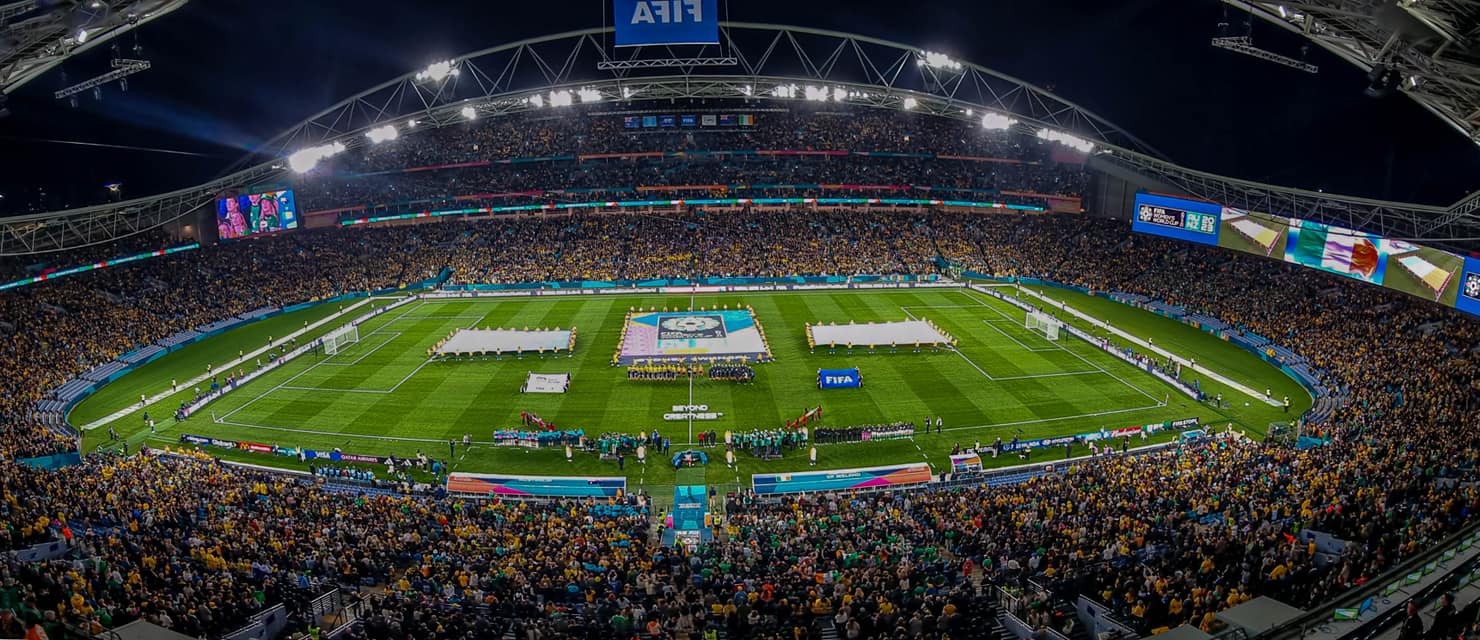Sports
Women’s World Cup 2023: Competition to begin in Australia and New Zealand

The time of waiting is almost up. On Thursday, the biggest Fifa Women’s World Cup will finally begin, including European champions England and first-timers the Republic of Ireland.
The ninth edition, which is being co-hosted by Australia and New Zealand, will feature 32 countries for the first time, including the reigning world champions the United States.
With two co-hosts, it is the first Women’s World Cup.
The competition begins with New Zealand taking on Norway at Eden Park at 8:00 a.m. BST, followed by Australia taking on the Republic of Ireland at Stadium Australia, Sydney, at 11:00 a.m.
However, a shooting in Auckland that occurred early in the morning that left two people dead, in addition to the shooter, and six other people hurt overshadowed what should have been a day of celebration of women’s sport.
Fans who were about to enter a nearby fan park along the seaside where the event occurred voiced their amazement and anguish at the news.
The competition will continue as scheduled, according to Fifa, and organisers anticipate a combined attendance of 100,000 spectators for the first two games.
With more than 1.3 million tickets reserved for the 64 games at 10 venues across nine cities, it is expected to be the most watched Women’s World Cup ever.
For the 2023 edition, the organisers hope to reach a record two billion television viewers, which would be twice as many people as watched the France 2019 World Cup.
The women are the future. Gianni Infantino, the president of Fifa, expressed gratitude to the supporters for their support of what will be the best Fifa Women’s World Cup ever.
Seven other countries, including the Republic of Ireland, Vietnam, Zambia, Haiti, Morocco, Panama, the Philippines, and Portugal, are all making their World Cup debuts this year.
The lowest-ranked team at the competition is Zambia, which is ranked 77th in the world and is vying for their sixth global championship. The United States is the top-ranked team in the world.
On August 20 at Stadium Australia, the championship game will begin at 11:00.
Firsts World Cup
The Women’s World Cup is considered to be the largest women’s sporting event to ever take place. There is little doubt that the competition will have a significant impact on the growth and promotion of women’s football globally.
At the Women’s World Cup, Fifa will pay athletes directly for the first time. From roughly £24,000 per player during the group stage to well over £200,000 awarded to each winner, sums rise the further teams advance.
These are large sums given that the average pay in women’s sport worldwide is currently £11,000, per the Fifa benchmarking report from the previous year. The total prize money has grown from £23 million in 2019 to £84 million.
Another first will see referees using a microphone and loudspeakers to explain the logic behind video assistant referee (VAR) decisions to spectators in stadiums and television audiences.
Referees are urged to prevent time-wasting, just like at the men’s World Cup in Qatar the previous year, thus extra time is expected to be protracted while lengthy goal celebrations may further prolong stoppages.
After rainbow armbands were prohibited from the men’s competition last year, captains will now be allowed to wear armbands with messages of inclusiveness, gender equality, and peace.
However, none of the eight available armbands specifically promotes LGBTQ+ inclusivity.
